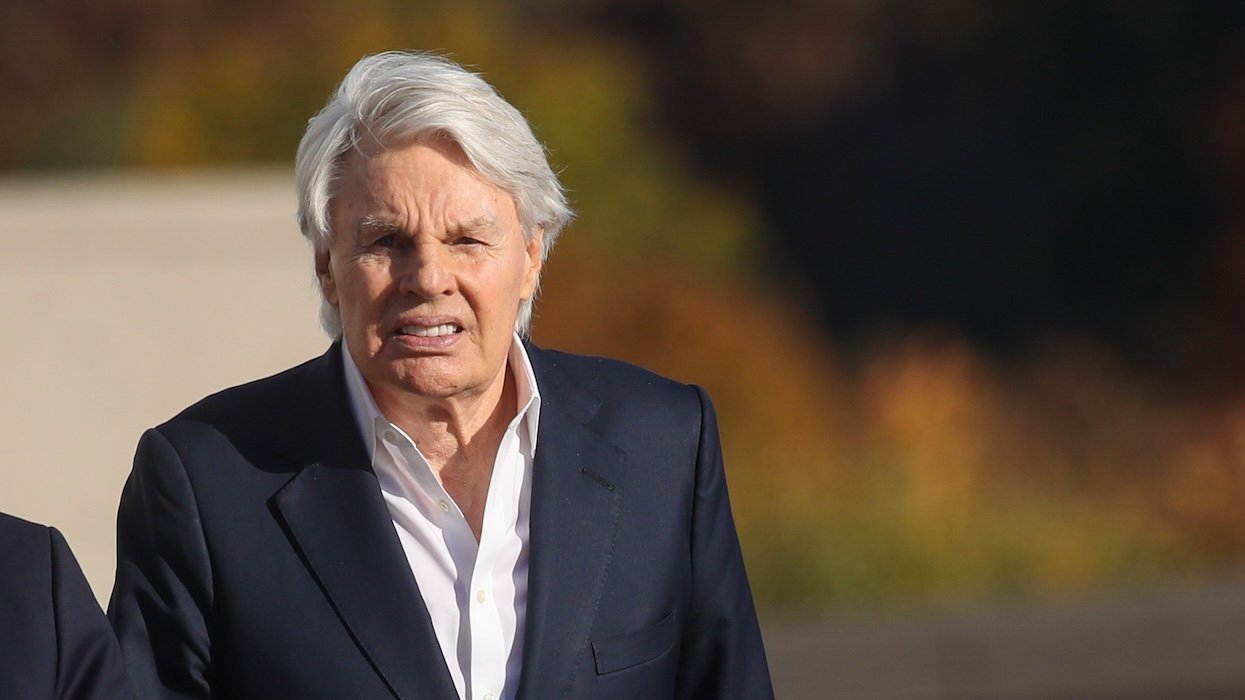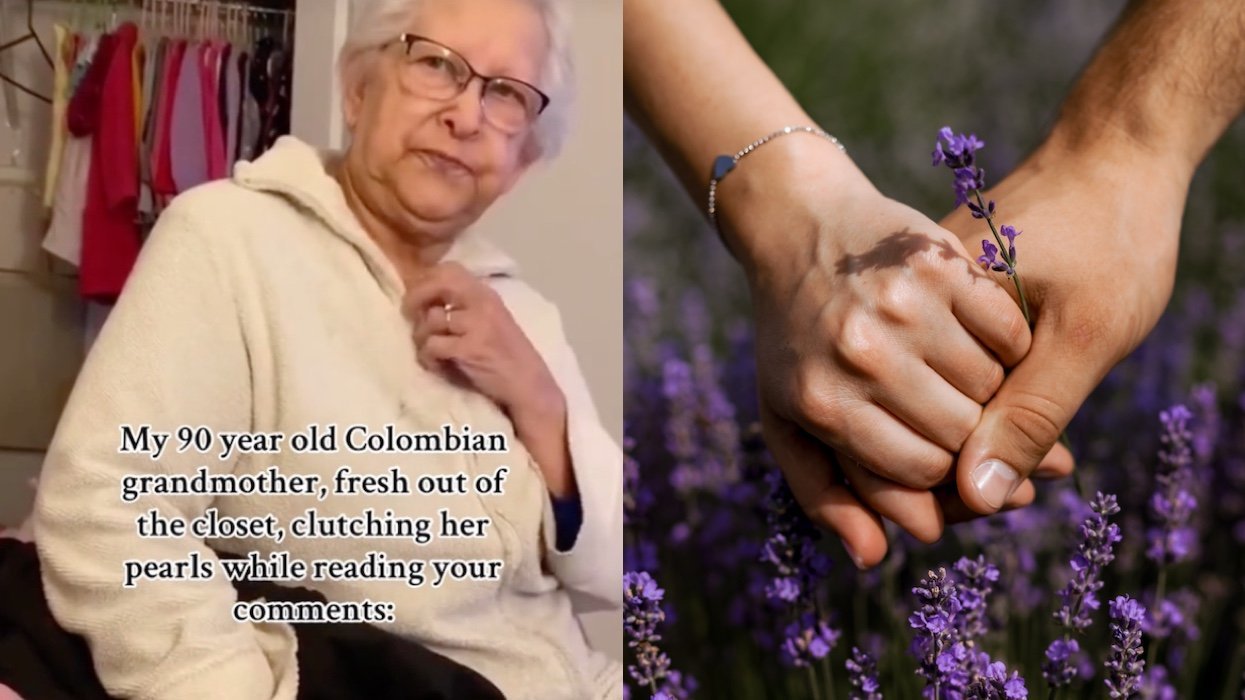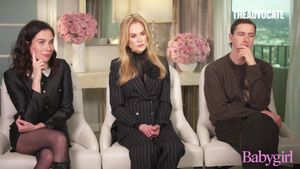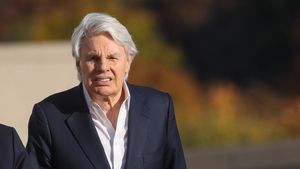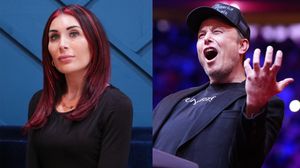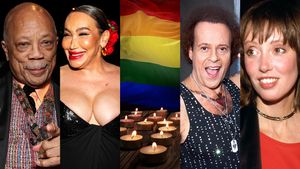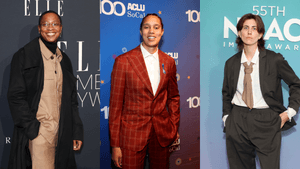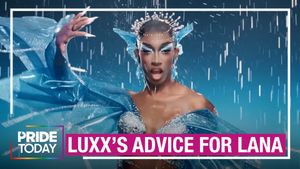 Will and Rob Portman
Will and Rob Portman
The invisible primary in the long-suffering Republican effort to reclaim the White House claimed its first victim Tuesday, some 13 long months before the first caucus even huddles in an Iowa lunchroom, when Ohio senator Rob Portman said he would not pursue his party's nomination despite his public testing of the waters.
It wasn't an altogether surprising announcement, but already his critics are racing to tell you why he bailed on a bid.
Portman, the genteel budget wonk whose colleagues kindly regard him as a nerd, would have been the first credible GOP presidential contender to support civil marriage for gays and lesbians, a position he took after his own son came out as gay.
The guy oozes gravitas and boasts a resume that reads like it was written for a network television political drama: congressman turned trade envoy turned federal budget chief who went on to an 18-point statewide victory in a must-win swing state. On paper Portman would have proven a deeply formidable force, and yet in the most important of practical campaign measures -- dynamism -- he badly trailed his would-be rivals.
The closed-door donor and staff wrangling of the invisible primary, in which potential candidates must have an unpleasant reckoning with their egos (Do people not love me as much as I love myself?), doesn't winnow without cause. But the assumption by conservative critics that he forwent the race because he considered his position on marriage too toxic is couched in the most superficial view of Portman, his once-possible rivals, and the landscape in which they would have competed for votes.
Sure, he would have ultimately faltered -- not because he would have been the gay-supportive candidate challenging a choir bus worth of cultural conservatives, but because he would have been the boring candidate challenging a red carpet's worth of celebrity politicians. It's tough out there for a nerd.
To reduce Portman, who was less boring than he was reliably inoffensive, to some vanilla caricature isn't fair, as successive profiles of the senator demonstrated. Here's a virile Portman kayaking! (He paddled the entire 1,900-mile-length of the Rio Grande.) And here he is mountain biking! (He fractured his collar bone in a 2010 cycling accident, and now sets Capitol metal detectors abuzz with its titanium replacement).
To call Portman boring is simply a recognition of the manic desire by Republican faithful to undo, well, everything done in the last seven years. Boring in fall is sexy: boring doesn't have unseemly divorce skeletons; boring doesn't step on verbal land mines. Boring is reliable. But boring in spring doesn't excite the base, so number-crunching conciliators need not apply. This was the real reason Portman forwent a campaign.
The primary electorate of 2016 will resemble, at least facially, the GOP primary deciders from the turn of the century: It will still be overwhelmingly white and mostly male. And yet the cultural fault lines of previous contests no longer animate these voters in the same way.
Even among pockets of conservatives, pollsters have tracked a dramatic shift in opinion on the legal appropriateness of same-sex unions.
According to a recent national survey by the former director of data science for Mitt Romney, 59 percent of Republicans between the ages of 18 and 40 believe just as Senator Portman does: that gay men and women should be allowed to wed the partner of their choosing. A separate survey last year by the same pollster found that 64 percent of evangelical millenials -- born-again Christians between the ages of 18 and 33 -- support equal marriage. Lest you think these results aberrations, The Washington Post clocked GOP support at 40 percent in a March poll.
Those aren't numbers that doom campaigns before they begin. No campaign is without its challenges, both perceived and imagined, but Portman's greatest liability would not have been a father's love for his gay son.

JAMES RICHARDSON is a former spokesman for the Republican National Committee and Governors Haley Barbour and Jon Huntsman. He came out as gay in a September Washington Post essay.


 Will and Rob Portman
Will and Rob Portman



















